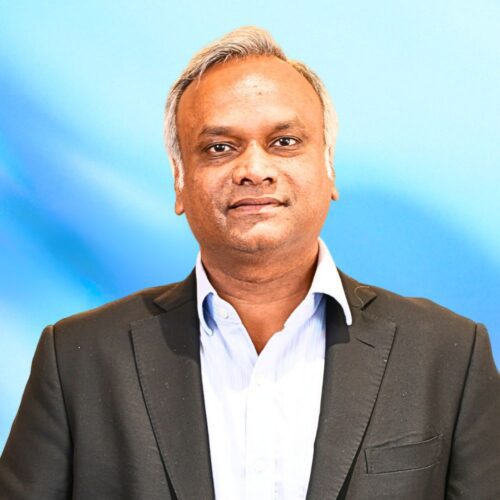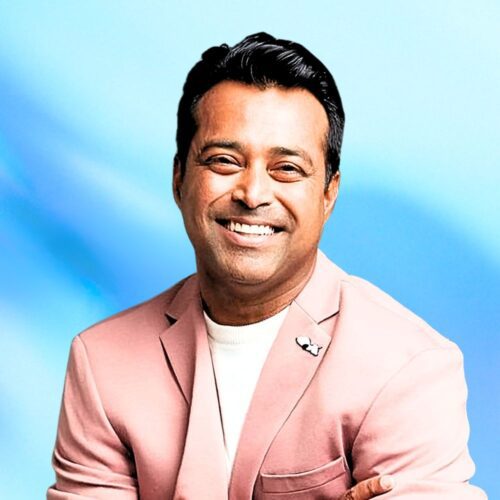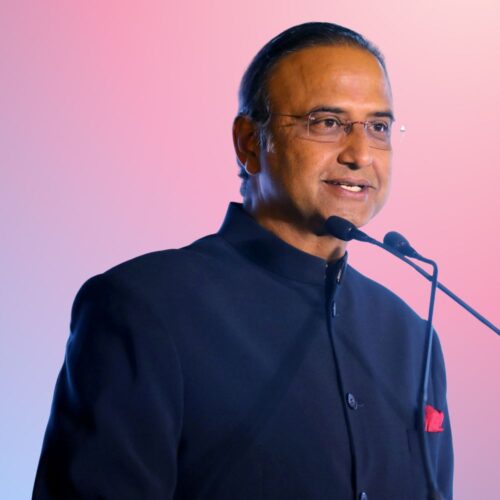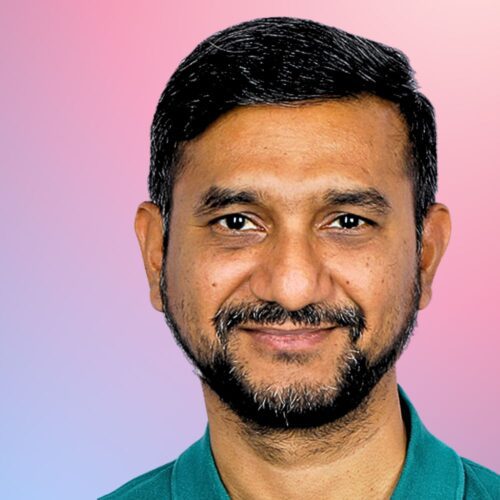Krishna C.V. Grandhi is a Designated Senior Advocate practicing before the Hon’ble Supreme Court of India, State High Courts, and a range of national Tribunals and Appellate Forums. He has over two decades of domestic and international experience spanning the legal, technology, and policy sectors, with particular expertise at the intersection of law and emerging technologies. He is the founder of the Centre for the Study of Artificial Intelligence and the Law, a policy think tank dedicated to advancing understanding of the complex legal, ethical, and policy challenges posed by artificial intelligence technologies.
As a Senior Advocate, his core areas of practice include corporate and commercial litigation, insolvency and bankruptcy, real estate disputes, energy sector disputes, intellectual property litigation, white-collar defence, economic offences, and complex commercial arbitration. He has served as Standing Counsel for several public sector entities, including The New India Assurance Company, Union Bank of India, and Indian Bank.
In the domain of cyber law and emerging technologies, Mr. Grandhi brings a rare blend of technical fluency and legal acumen, grounded in his undergraduate and graduate education in Computer Science and sharpened by decades of litigation experience. This dual expertise makes him exceptionally well-positioned to navigate the legal complexities of AI, cybercrime, data protection, and digital regulation. He regularly advises and represents clients in cutting- edge matters involving AI-enabled financial fraud, deepfake offences, platform abuse, unauthorised data access, and algorithmic discrimination. His practice spans both preventive and defensive strategies, including the deployment of AI tools for cybercrime detection, digital forensics, and automated regulatory compliance. With a deep understanding of both the underlying technologies and their legal implications, Mr. Grandhi delivers strategic legal counsel on data privacy, cross-border data transfers, cybersecurity governance, RegTech, and India’s evolving digital regulatory landscape.
He has also worked on precedent-setting cases under the Insolvency and Bankruptcy Code and has advised on corporate transactions involving complex applications of contract and company law, including merger schemes and oppression and mismanagement matters. Notably, he has represented clients in high-stakes matters such as the insolvency of Deccan Chronicle Holdings, Trident Hotels, Leonia Resorts, and the KSK Group.
With respect to white-collar defence and economic crimes, he has advised and represented a number of high-profile clients across India on matters pertaining to the Serious Fraud 1 Investigation Office [SFIO], the Central Bureau of Investigation [CBI], the Enforcement Directorate [ED], the prevention of corruption, anti-bribery, and other economic crimes.
In the intellectual property and media law space, Mr. Grandhi has a strong reputation as counsel to leading production houses and celebrity brands. He has litigated several cross-border IP and content infringement cases, including pioneering IP-address-based John Doe orders to combat digital piracy. His clients include Geetha Arts, UV Creations, Northstar Entertainment, Virat Kohli’s “Wrogn”, and Allu Arjun’s “AA” brand portfolios.
Mr. Grandhi holds Bachelor’s and Master’s degrees in Computer Science from Cleveland State University (USA), where he was a full-scholarship recipient for graduate research in advanced computing. He earned his Juris Doctor (J.D.) from Cleveland-Marshall College of Law, serving as Executive Editor for Business & Technology at the Cleveland State Law Review. He also holds an MBA from Cornell University and received executive education in Strategic Design and Project Management from Harvard University’s Graduate School of Design.
His unique convergence of legal expertise and technological insight positions him as a thought leader at the forefront of AI regulation, cybercrime jurisprudence, and digital policy in India. Frequently consulted on matters of tech governance and regulatory reform, he plays an influential role in shaping the legal and policy frameworks that will define India’s digital future.












